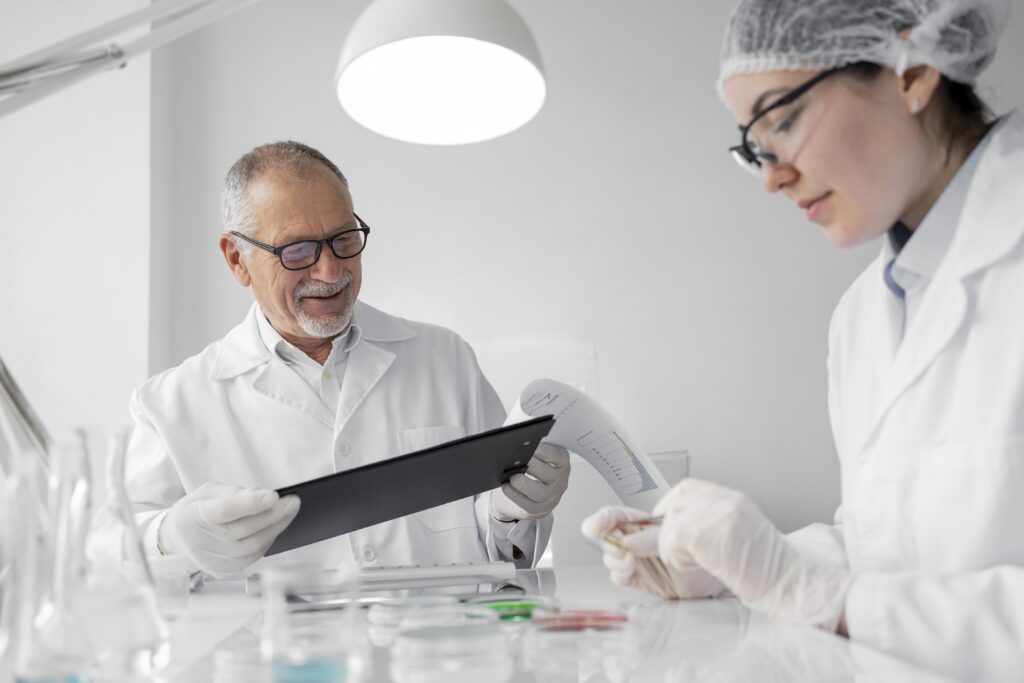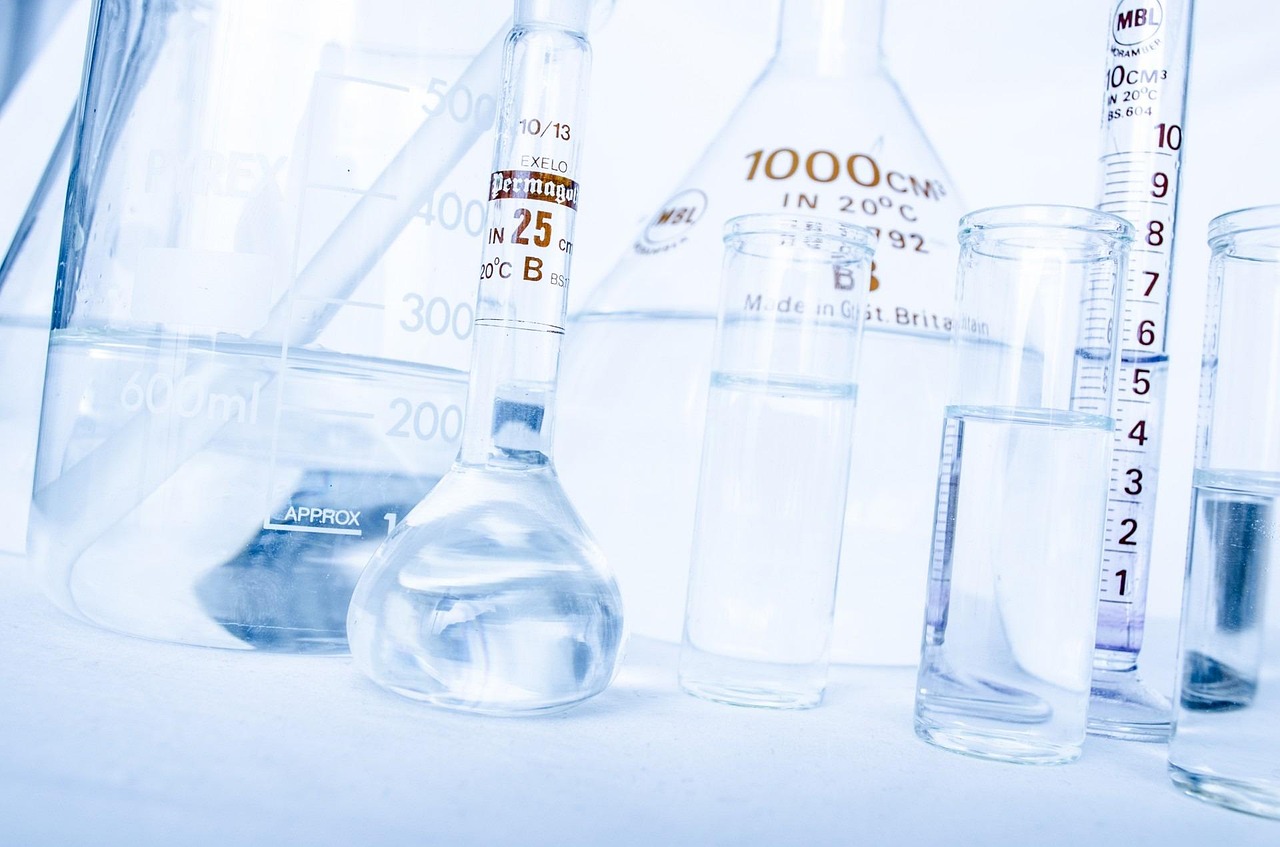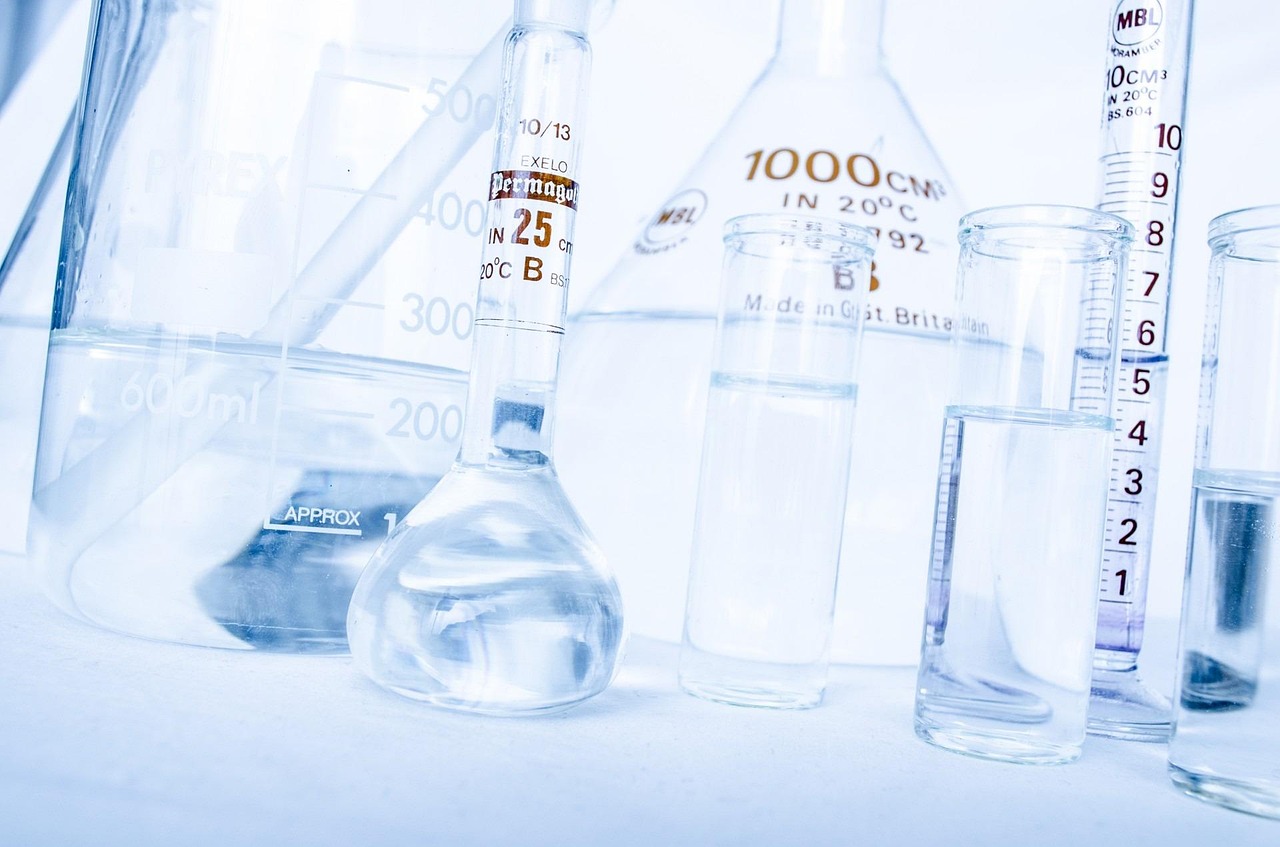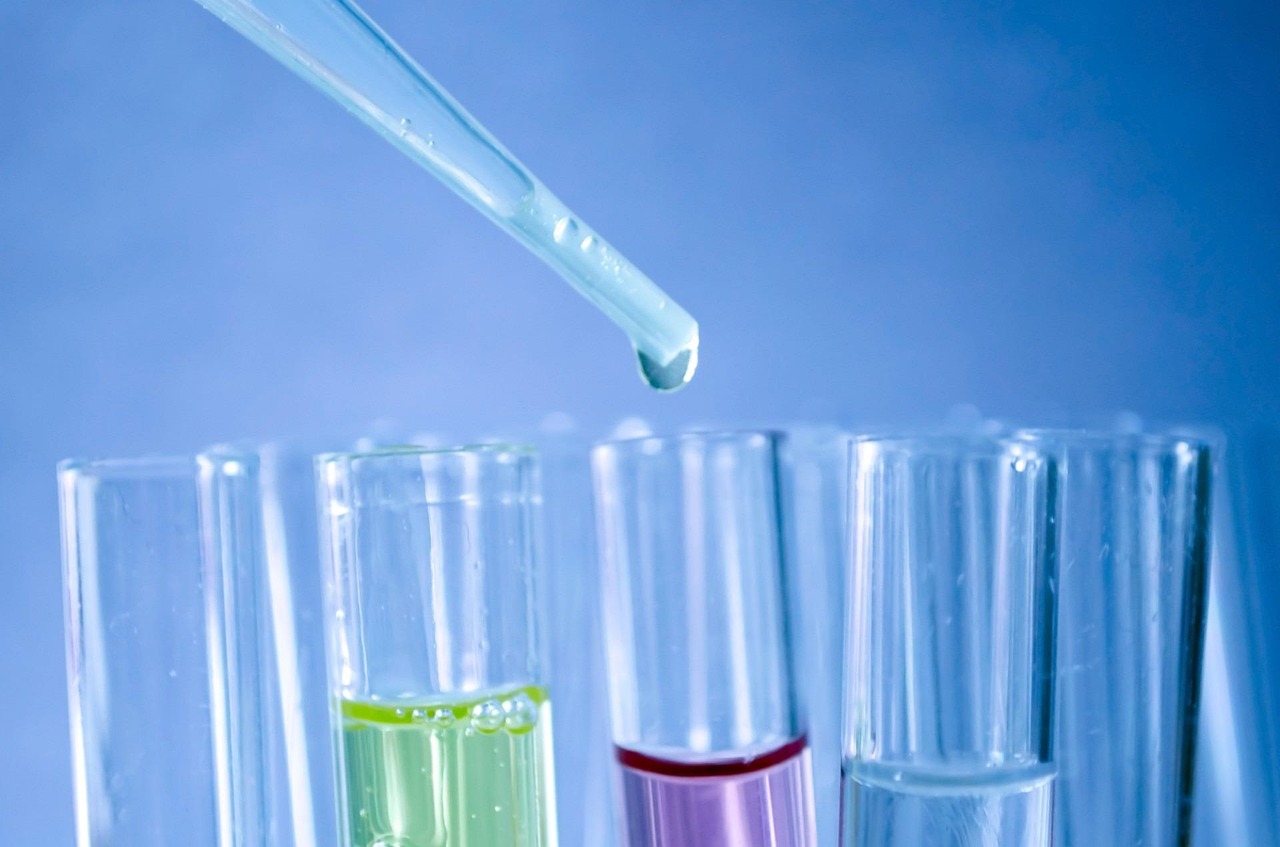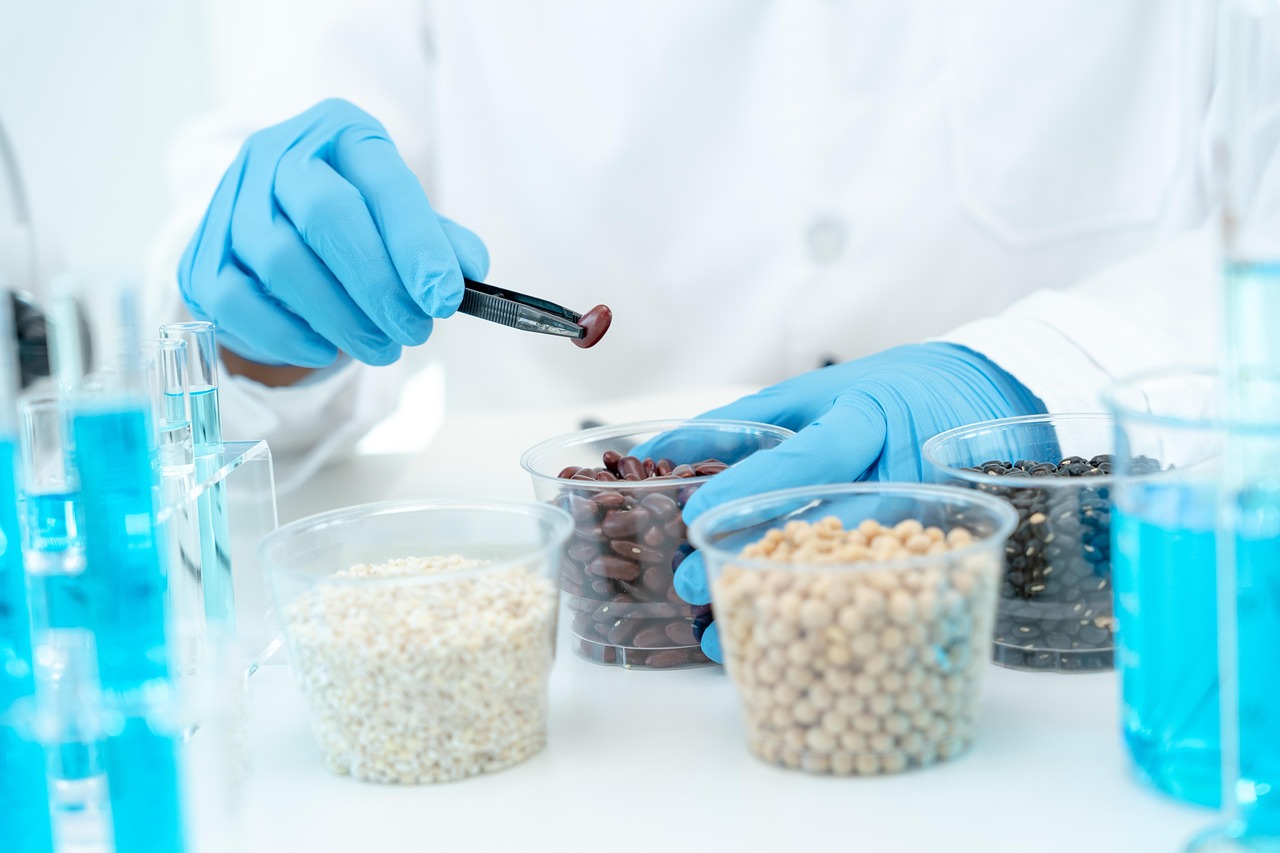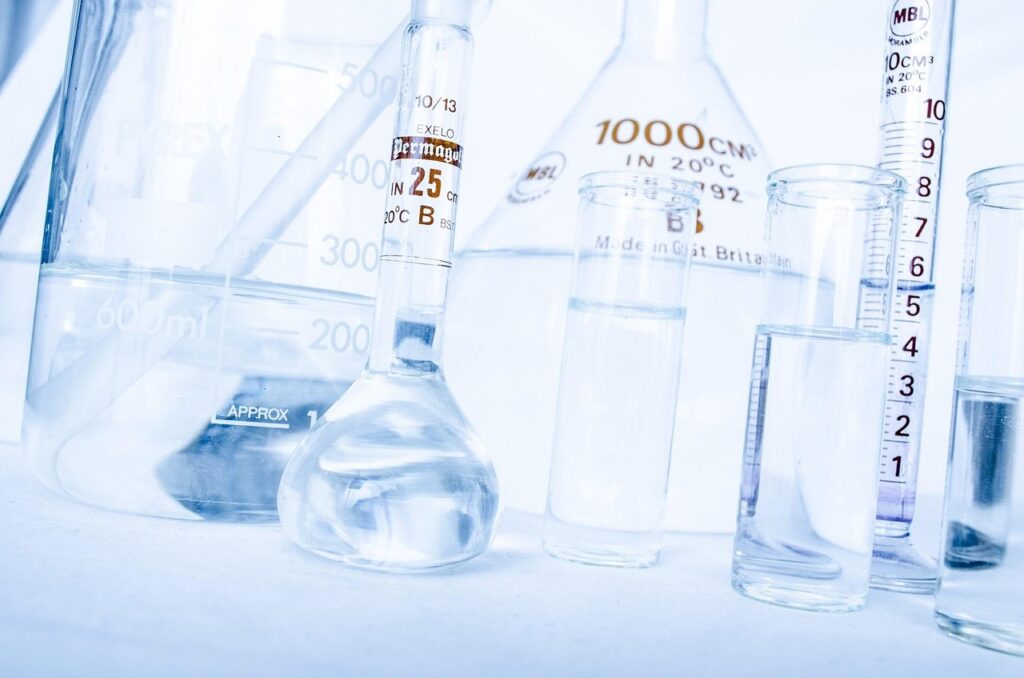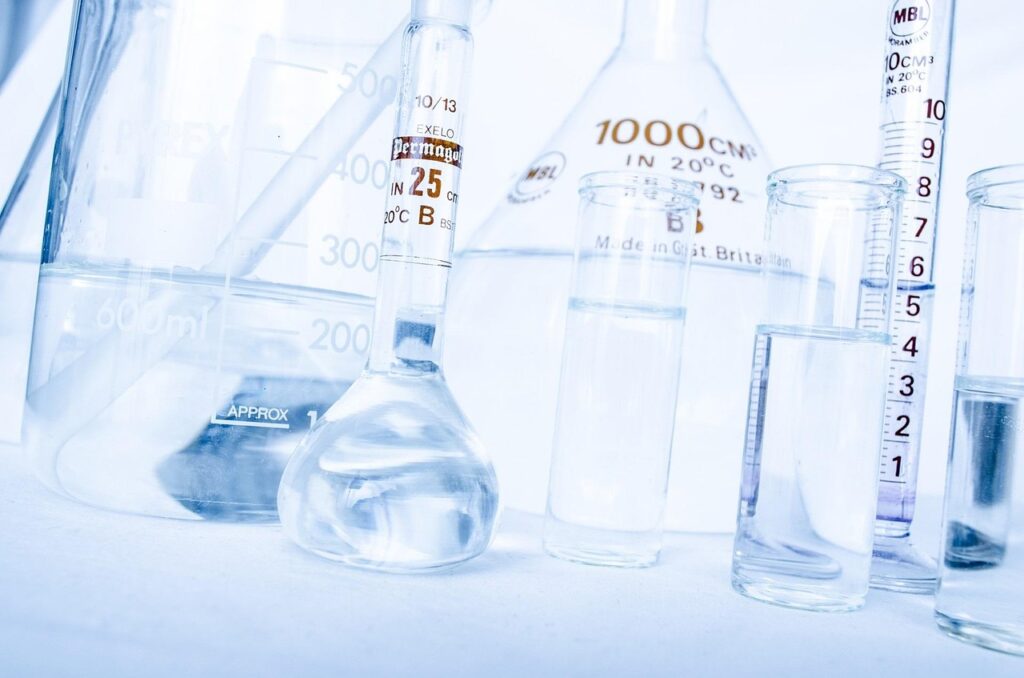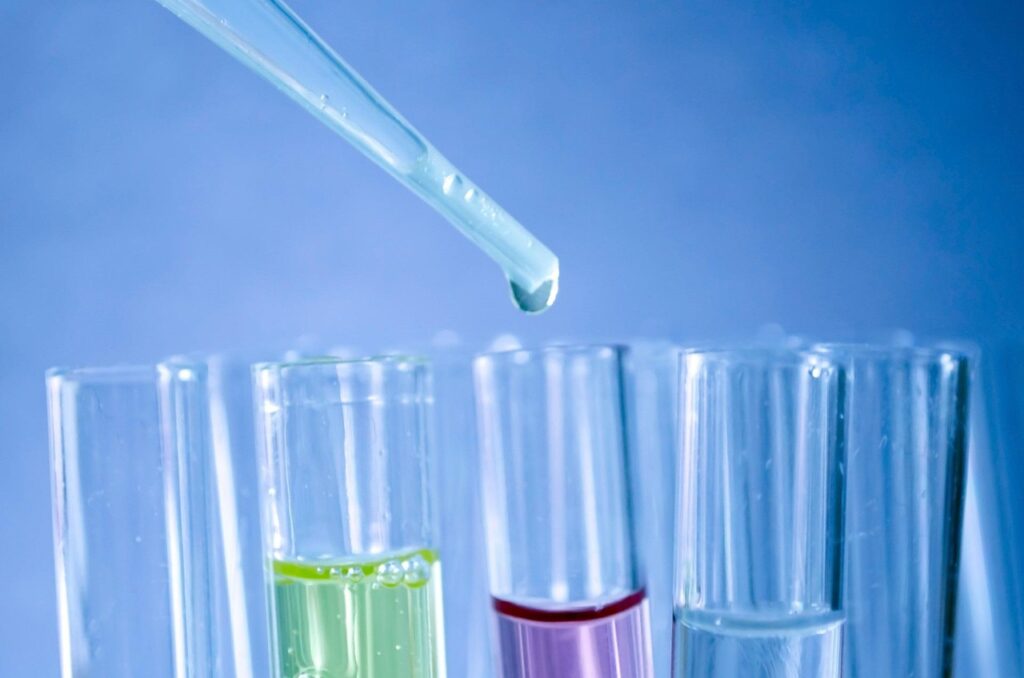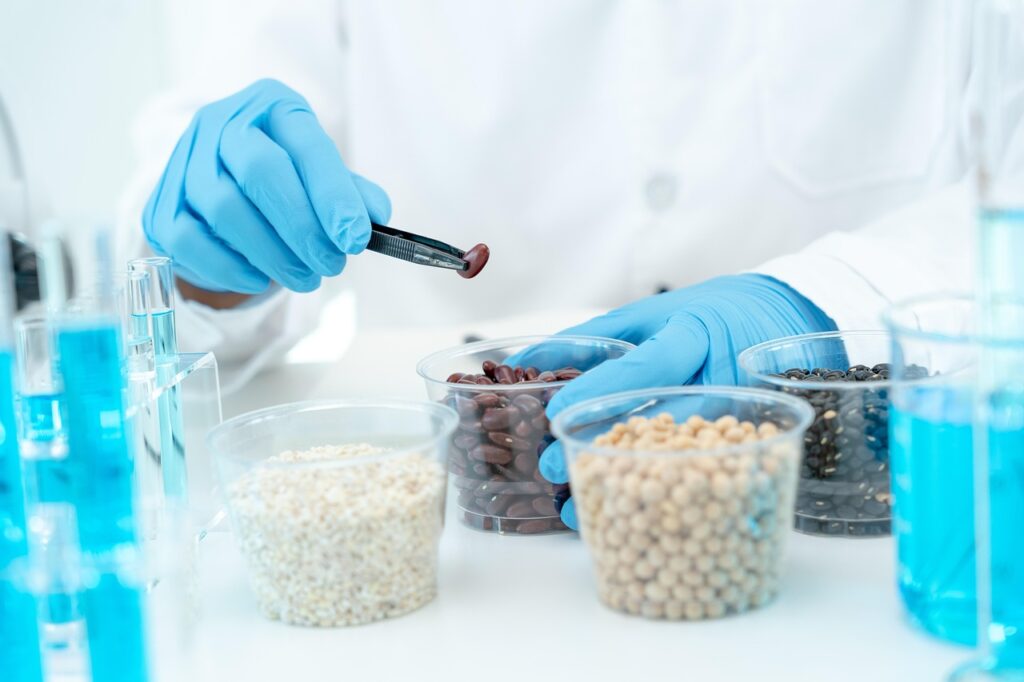In today’s rapidly evolving food industry, the significance of Food Quality Control cannot be overstated It is more important than ever to ensure that food items fulfill set safety and quality requirements as the global market grows and consumer preferences change. A variety of techniques and methods are included in food quality control, which is intended to preserve food items’ integrity through the supply chain. These procedures, which range from raw material inspection to final product testing, are essential for guaranteeing uniformity, avoiding contamination, and protecting the brand’s reputation.
For the sake of consumers’ health and happiness, food products must adhere to strict safety and quality regulations. Foodborne infections and contamination can have serious repercussions, such as loss of customer trust and significant health issues. Food makers can protect public health and comply with regulations by putting in place strict procedures. This blog delves into the significance of food quality control, its influence on public health, and its important function in upholding the safety and caliber of food items within the sector.
Understanding Food Quality Control
Food Quality Control Refers to the methods and techniques used by food producers to guarantee the high quality, safety, and consistency of their products. To ensure that final products meet consumer expectations and regulatory standards, these steps include evaluating raw materials, reviewing production processes, and keeping an eye on production processes.
Ensuring Public Health and Safety
One of the primary reasons is crucial is its direct impact on public health. Foodborne infections can result from contaminated or subpar food products, which can have dangerous side effects for users. To guarantee that only safe items reach the market, food quality control procedures assist in identifying and removing potential risks such as bacterial contamination, chemical residues, and foreign objects.
Meeting Regulatory Standards
Government agencies have set strict rules on the food business to safeguard the health of consumers. It assists firms in adhering to these rules, preventing fines and preserving their good name. It is crucial because regulatory agencies regularly audit and inspect food firms to make sure they follow set standards.
Enhancing Consumer Confidence
Nowadays consumers are more knowledgeable and aware of the safety and quality of the food they eat. Food firms may establish and preserve consumer trust by putting strong Food Quality Control procedures in place. Customers are more inclined to stick with a brand they believe in, which boosts sales and expands a company’s market share.
Reducing Waste and Costs
Effective Control also contributes to reducing waste and operational costs. Early defect and inconsistency detection allows producers to quickly rectify problems and reduce the likelihood of widespread recalls and product rejections. In addition to saving money, this proactive strategy safeguards the business’s finances and reputation.
The Role of Technology in Food Quality Control
It has undergone a technological revolution, becoming more precise and efficient in the process. Manufacturers can quickly identify deviations and implement remedial actions thanks to automated technologies like real-time monitoring and data analysis. It is further strengthened by the use of technologies such as blockchain to improve food supply chain traceability and transparency.
Food Testing Labs: A Critical Component
Food testing labs are essential to the process of food quality control. These labs have state-of-the-art tools and methods for analyzing food samples for microbiological contamination, chemical residues, and nutritional value, among other factors. Manufacturers may guarantee that the highest standards of quality and safety are met by their products by collaborating with a reliable food testing facility.
Check Our Blog Related to Food Quality Control For More Information
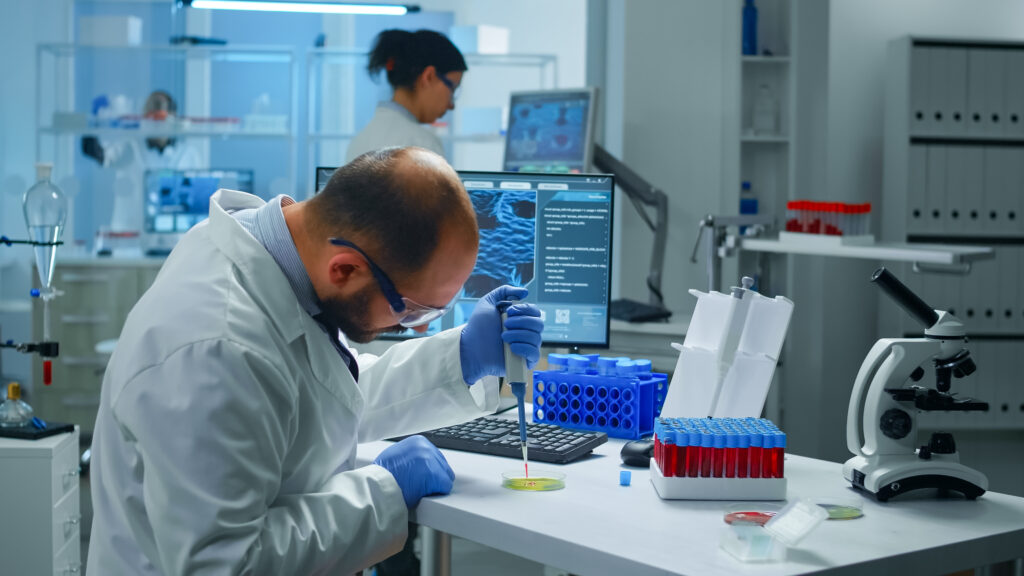
Implementing Food Quality Control Measures
To effectively implement in food companies must establish comprehensive quality management systems. Here are some key steps to consider:
- Developing Standard Operating Procedures (SOPs): SOPs outline the specific processes and protocols to be followed at each stage of production. These procedures ensure consistency and adherence to quality standards
- Training and Education: Providing regular training to employees practices is essential. Well-trained staff are better equipped to identify and address potential issues.
- Monitoring and Testing: Continuous monitoring of production processes and regular testing of raw materials and finished products are crucial. This helps detect any deviations from quality standards and allows for timely corrective actions.
- Documenting and Reporting: Maintaining detailed records of quality control activities is important for traceability and accountability. Regular reporting and documentation help track progress and identify areas for improvement.
Case Studies : Successful Food Quality Control Implementation
Food quality and safety have significantly improved as a result of the successful implementation procedures by several food companies. One of the dairy producers, for example, incorporated automated monitoring systems into their production lines. This decreased the possibility of contamination and guaranteed constant product quality by enabling them to identify and address problems in real-time.
The Future of Food Quality Control
The future of Food Quality Control appears promising given the continuous progress in technology and the growing consciousness regarding food safety. The food business needs to innovate and adapt as consumers continue to demand greater transparency and quality. It is anticipated that new technologies such as machine learning and artificial intelligence will improve Food Quality Control procedures even further, making them more accurate and efficient.
Conclusion
To sum up,it is a crucial component of the food sector. It helps businesses adhere to legal requirements, protects customer happiness and safety, and improves the reputation of brands. Food businesses may develop high-quality products that satisfy the constantly changing market needs by utilizing technology and investing in strong methods.
Food testing laboratories are essential to this process because they offer precise and trustworthy analysis to help with quality management. It is crucial to the survival and prosperity of food enterprises, and its significance will only increase as the sector develops.
Including thorough quality control, procedures is not only required by law but also demonstrates a dedication to providing consumers with safe and superior food items. The food industry can create a future food supply chain that is safer and more reliable by making food quality control a top priority.

